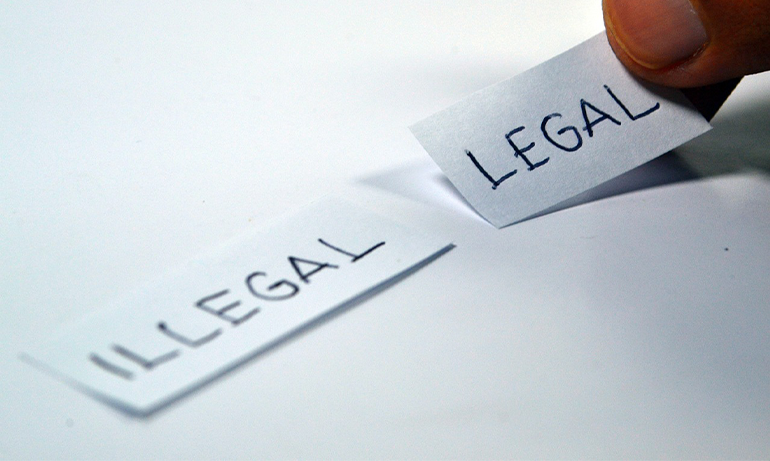February 11, 2024
Criminal Law Explained
Criminal law is the area of law that addresses crimes against society's welfare, safety, and public order. It entails the prosecution of people or organizations that are said to have broken laws enacted by political authority. An outline of the main ideas and components of criminal law is provided below:
Offenses and Elements:
Generally, crimes are classified as felonies, which are more serious acts, or misdemeanors, which are less serious charges. The following categories of offenses are possible: crimes against people (assault, murder), crimes against property (theft, vandalism), crimes against public order (disorderly conduct, public intoxication), and crimes against morality (drug offenses, prostitution). For a conviction in any given crime, the prosecution must establish certain factors beyond a reasonable doubt. The acts (actus reus) and mental states (mens rea) required to prove criminal responsibility are frequently included in these factors.
Legal Principles:
- The presumption of innocence holds that a person is innocent unless and until they are proven guilty in a court of law.
- The burden of proof in criminal trials is with the prosecution to establish the defendant's guilt beyond a reasonable doubt, which is the highest degree of proof.
- Right to legal representation: Under both constitutional and statutory law, defendants are entitled to legal representation as well as a fair trial.
- The idea that someone cannot face the same charges or punishment twice is known as double jeopardy.
- Due process: The legal mandate that the state uphold every individual's legal right, including the right to a fair trial and procedural justice.


Criminal Procedure:
- Investigation: To identify suspects and develop a case, law enforcement organizations collect evidence and look into crimes.
- Arrest: A person may be placed under arrest and brought into custody if there is reasonable suspicion that they have committed a crime.
- Charging: After examining the evidence, prosecutors determine whether to charge the defendant formally.
- Arraignment: The accused shows up in court, is told of the accusations, and enters a plea of no contest, guilty, or not guilty.
- Trial: The defense makes its case and refutes the prosecution's evidence, and the prosecution uses witnesses, evidence, and arguments to establish the defendant's guilt.
- Verdict: After careful consideration of the evidence, the jury or judge determines whether the defendant is guilty or not.
- Sentencing: Should the defendant be found guilty, the judge will issue a sentence that could involve jail time, fines, probation, or other sanctions.

Punishment and Rehabilitation: The main goals of criminal punishment include incapacitation, rehabilitation, retaliation, and deterrent. The gravity of the conduct, the defendant's prior criminal history, and other variables all affect the penalties for criminal offenses. To address underlying conditions that contribute to criminal behavior, the criminal justice system may offer possibilities for rehabilitation and treatment in addition to punishment.
Criminal law is complicated, and legal experts such as judges, prosecutors, defense lawyers, and law enforcement officers must interpret and apply it. It is vital to comprehend the tenets and protocols of the legal system in order to guarantee fairness and safeguard the interests of both accused parties and their victims.




